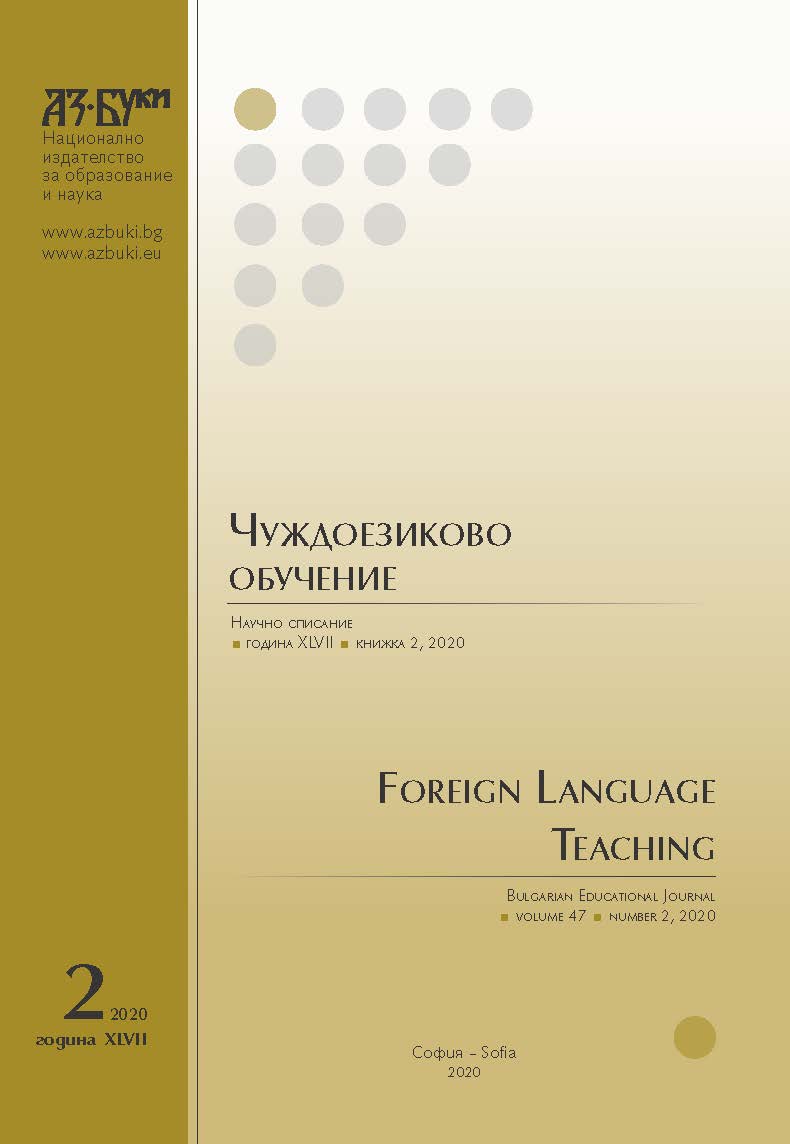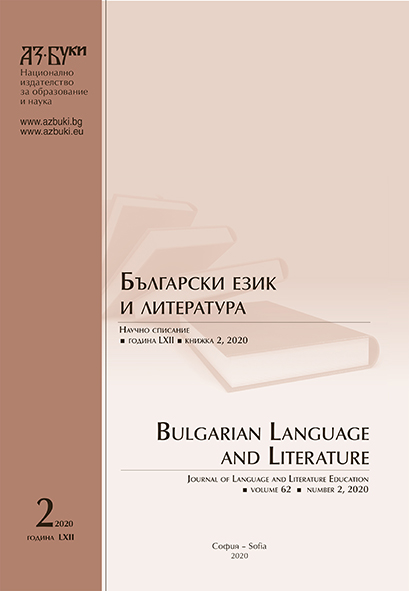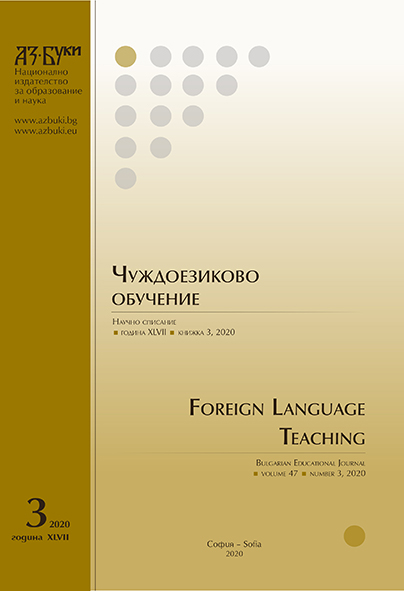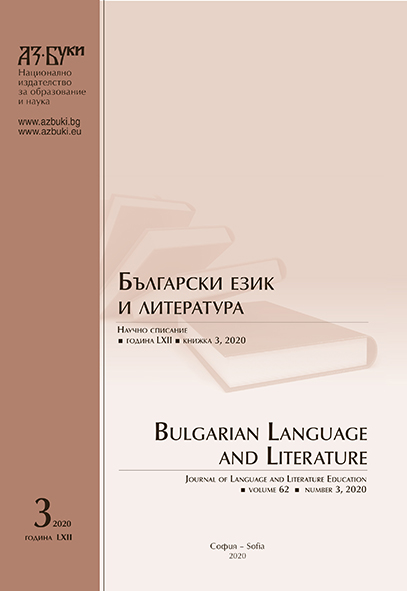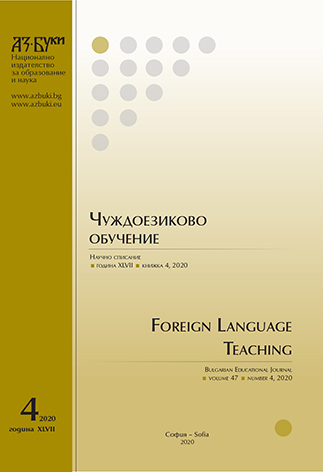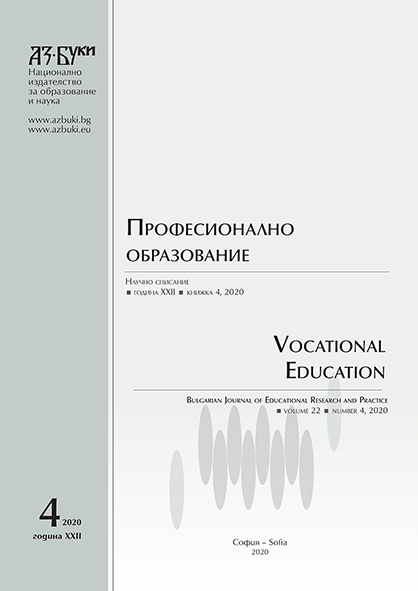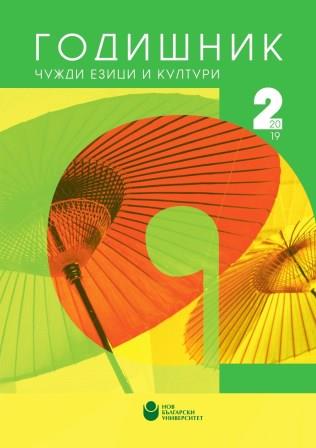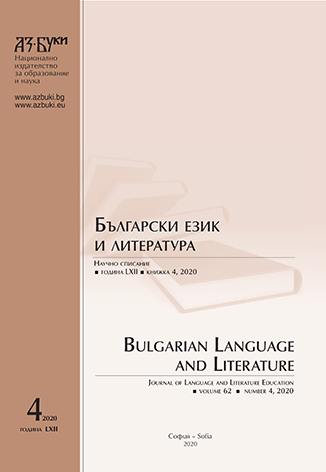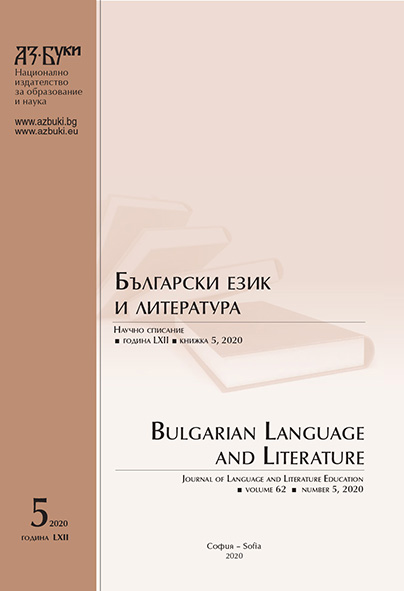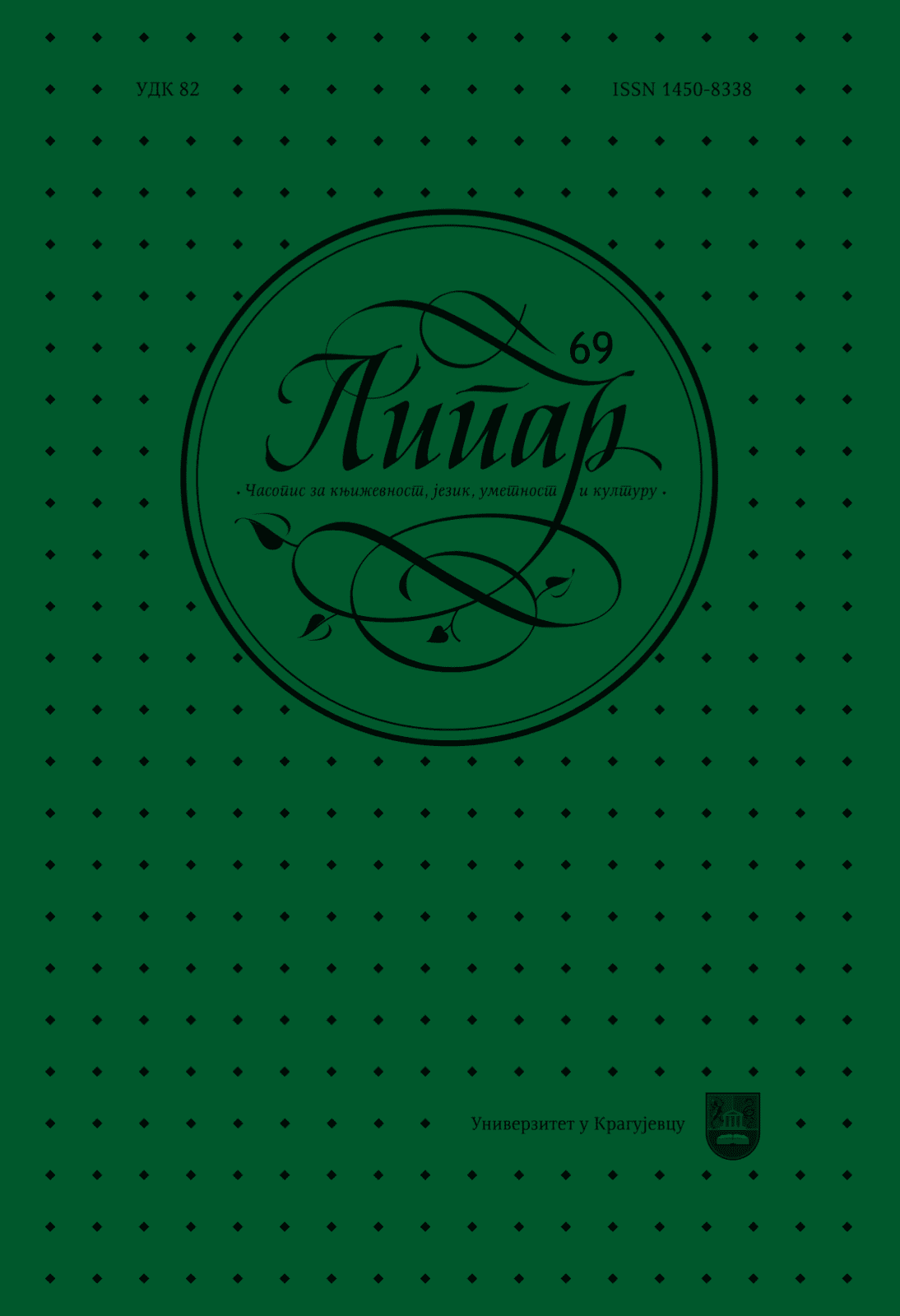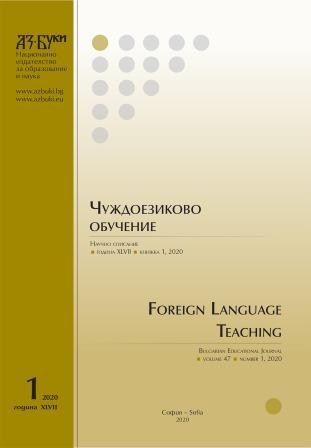
Чуждестранният лектор като мост между езиците и културите
The introductory part of the article is bringing a short overview of history of Bulgarian studies at Faculty of Arts at Comenius University in Bratislava. Irreplaceable role of foreign lector while studying foreign languages is emphasized and demands placed on his professional and intercultural competences are presented. The second part of the article is focused on a significant Bulgarian Slavist and Slovakist Ivan Buyukliev, specifically his role of a lector at Comenius University in Bratislava. Author mentions mainly less well-known circumstances of his stay, as was for example defence of doctoral thesis on relative clauses’ structure in Codex Suprasliensis or his last article published in Slovakia on Dora Gabe’s lecture stay in Bratislava in 1931.
More...
